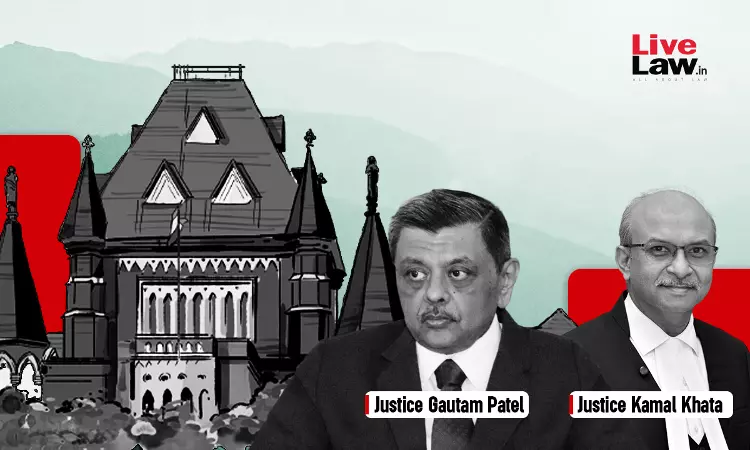Time To Bury Pernicious Practice Of Submitting Information In 'Sealed Cover': Bombay High Court
Amisha Shrivastava
9 Sept 2023 10:32 AM IST

Next Story
9 Sept 2023 10:32 AM IST
Taking a firm stance against practice of parties submitting information in sealed cover to the court, the Bombay High Court recently refused to accept Income Tax returns and financial statements of a developer in a sealed cover and directed it to file an affidavit for the same.A division bench of Justice GS Patel and Justice Kamal Khata observed that no court shout permit a litigant...
